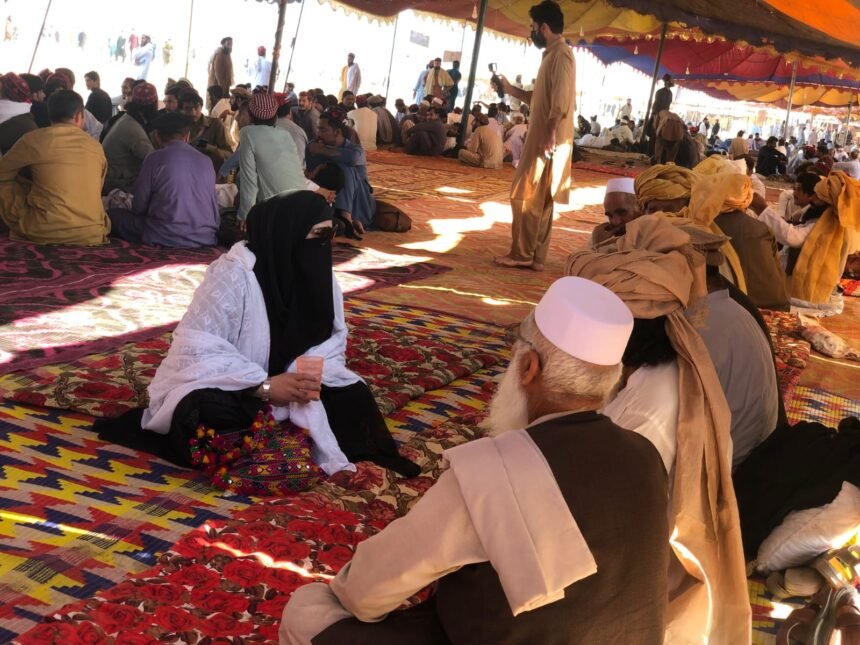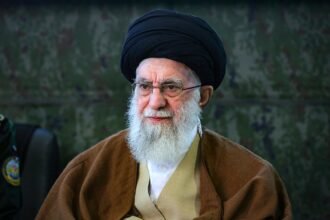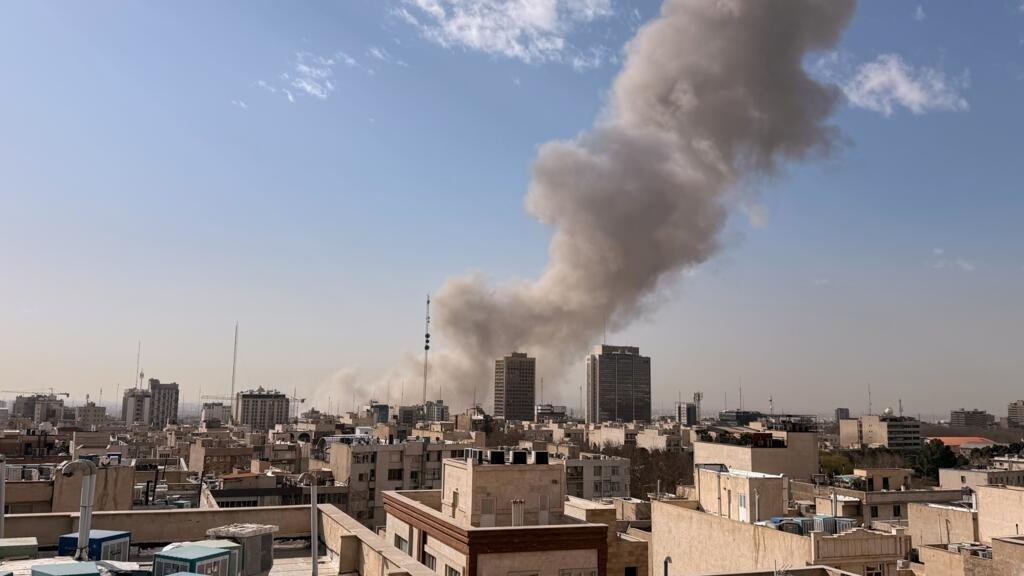By Razia Mehsud
Elders are the light of our homes — a glow that grows brighter with time, becoming a lamp of wisdom through experience. These are the people who’ve weathered the storms of life, faced hardships, and endured bitter truths. And now, all they carry is a treasure of love, prayers, and dignity. What elders crave most is not luxury or expensive gifts — but care, attention, and emotional connection. They don’t seek comfort as much as they seek someone to talk to, someone to sit beside them, listen, and value their memories. Their words aren’t mere stories — they are life lessons, often learned only after years of struggle.
Yes, some elders may seem harsh or overly traditional at times. But beneath that stern surface lies a heart softened by years. With a little love and respect, even the toughest of elders melt, because at this stage of life, they have neither strength nor time — only the longing for meaningful moments. Elders often complain about small things. But behind their grievances lies love. They may express it cloaked in pride or family status, yet their intentions are always kind. Even their criticism is a form of care — a silent yearning to stay connected. In tribal culture, honoring the elders — the “masharaan” — is a duty. When they enter the home, we rise in respect. When they speak, we listen with focus. Their opinions matter. And if they’re ever caught in misunderstanding, we correct them not with defiance but with dignity. That’s our ethical and cultural responsibility. A home without elders or children is simply a lifeless structure. But a home that includes grandparents — a grandfather’s wisdom, a grandmother’s prayerful presence — is a home filled with blessings, peace, and love. We must learn to take their scolding as affection — because hidden in every word is a truth, a prayer, a wish for our well-being. Remember, one day we too will grow old. If we hurt our elders today, we may face the same treatment tomorrow Where Elders Don’t Live in Old Homes, They Live in Our Hearts
In the tribal districts of Pakistan, love, loyalty, honor, and tradition run deep. Here, relationships aren’t just measured by blood, but by empathy. And so, while much of the world turns to old-age homes for their elderly, the tribal society paints a different picture — one where the safest, most respected and cherished place for elders is the home — and more than that, the heart. Here, a grandfather’s walking stick isn’t a symbol of weakness, but of leadership. A grandmother’s wrinkles don’t just show her age — they carry tales of sacrifice, resilience, and countless prayers. The blessings of a maternal grandfather or grandmother are like spiritual shields, and their conversations — lessons for generations. In tribal districts, elders aren’t just family members; they are living traditions. No one considers them a burden. The concept of sending them to an old-age home — a foreign, almost sinful idea — has no space here. Even if an elder is bedridden due to paralysis or illness, they’re still cared for with deep respect. Especially the women of the household see this as a matter of honor, not duty. They tend to their hygiene, food, and comfort with a sense of pride, not pity — because it is a reflection of the family’s dignity.
So the question arises:
Is it only the tribal society that truly values its elders?
Or should the rest of us also re-evaluate our relationship with those who came before us?
Let’s not forget — the elders we ignore today will one day be the people we become. And when that day comes, all we may really desire is someone’s heart to call home.







 Today's E-Paper
Today's E-Paper